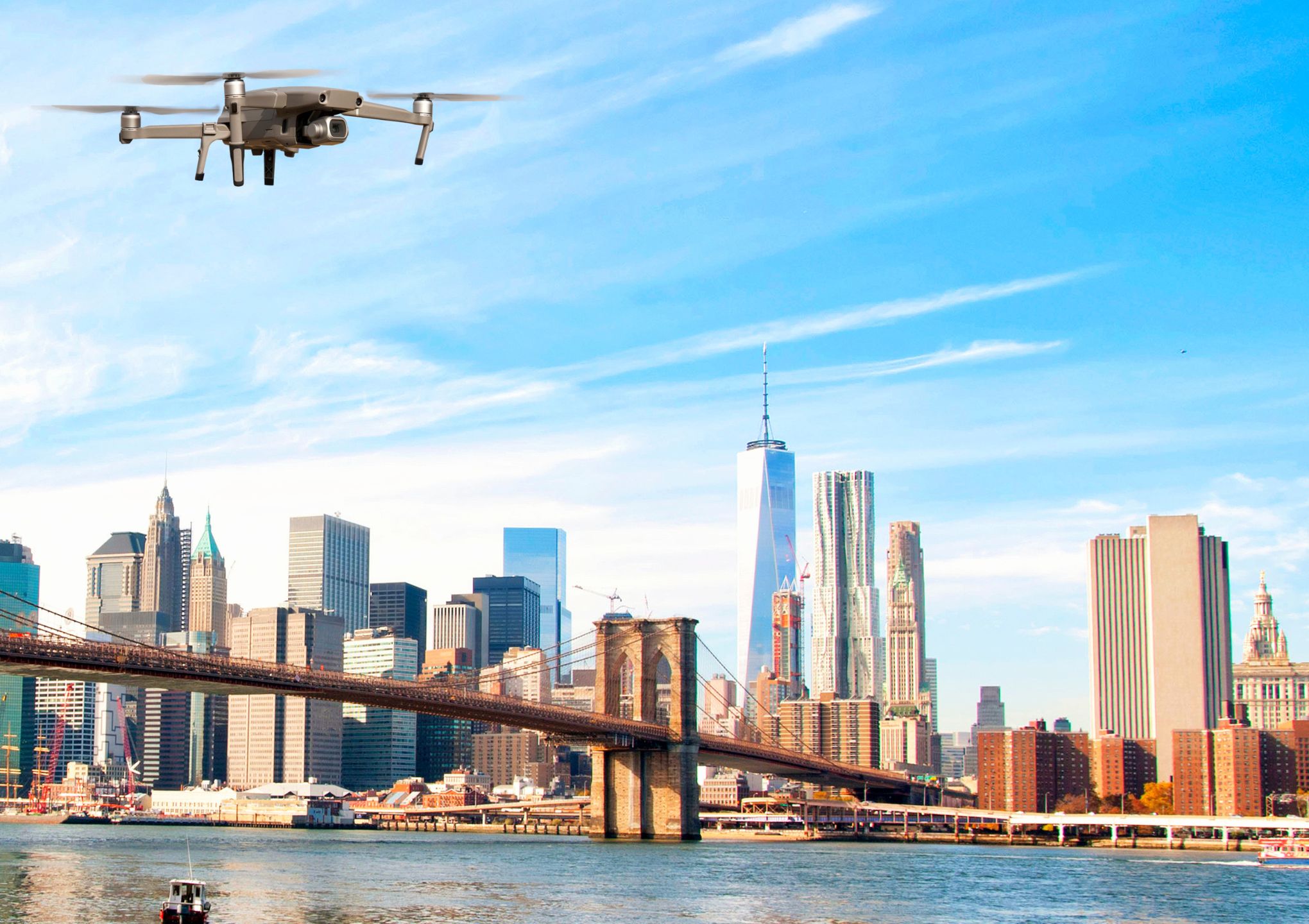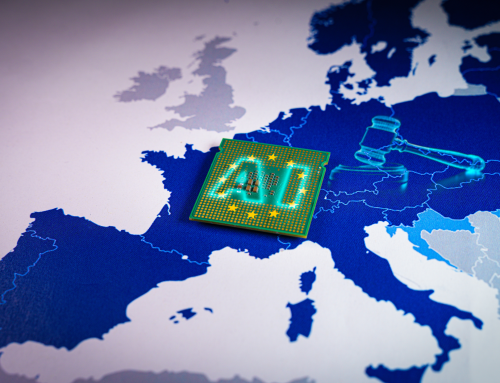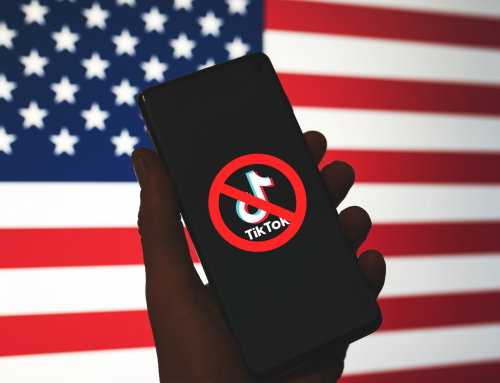In the pulsating metropolis of New York, which never sleeps, large-scale events are not uncommon. But how can the police keep track of such huge events? A new, innovative approach is becoming increasingly present: Drones. But the use of this technology is controversial and calls civil rights activists to the scene.
The modern bird’s eye view: drones as surveillance tools
Street festivals are an integral part of New York’s culture, especially J’Ouvert in the borough of Brooklyn. Originally a celebration from the Caribbean, it is celebrated in New York as a sign of emancipation from slavery. The NYPD now uses drones here to keep an eye on crowds. The purpose? Security. There have unfortunately been incidents of gun violence at previous events, so the desire for better oversight is understandable.
Critical voices: Privacy and discrimination
But as with any new technology, there are concerns. One key criticism is potential discrimination. Civil rights activists like Daniel Schwarz of the New York Civil Liberties Union see drones as “dystopian technologies” that have been used to police minority groups in the past. Schwarz argues that the use of surveillance drones at such a culturally significant festival as J’Ouvert is discriminatory.
Albert Fox Cahn of the Surveillance Technology Oversight Project (STOP) also expressed concerns and even hinted that litigation could ensue.
Previous NYPD drone operations.
This is not the first time the New York Police Department has used drones. They have been used at various events and operations – from searching for sharks on the city’s beaches to informing Pride parade attendees that it was time to go home.
Conclusion: A balancing act between technology and data protection
The debate on drone use shows how important it is to find a balance between security and the rights of the individual. Whereas in Europe, with the GDPR, a very good level exists here and such surveillance would be unthinkable, this case shows that in the USA, there is still a completely different understanding of data protection here.







